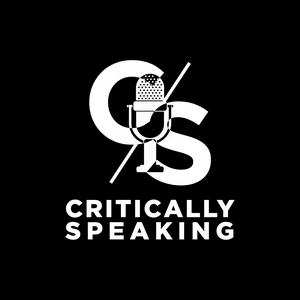In this episode, Therese Markow and Dr. Kari Nadeau discuss the presence and health effects of microplastics in our bodies. Microplastics can enter our bodies through various environmental routes, including food, water, and air. They are in everyone's bodies to some degree. Microplastics have been linked to health issues like stroke, cancer, and heart attacks. Simple actions like avoiding single-use plastics and processed foods can reduce microplastic levels in the blood by up to 80% in three months. Dr. Nadeau emphasizes the need for further research and consumer awareness to mitigate plastic pollution.
Key Takeaways:
A microplastic, scientifically, is anything between 1 micron (the size of a red blood cell or an immune cell) to 5 millimeters (the size of a sesame seed). Anything smaller than that is a nanoplastic.
Plastics are chemicals. Plastics, as we know them, did not exist before the 1940s. Now we see them in so many places, from healthcare to food to our clothing.
In the US, we are getting about a credit card's worth of plastic per week in what we eat. In Indonesia, it is more like a credit card amount per day. The amount varies around the world.
"We really need to think about air and water and soil as ways that these plastics can get into our bodies." — Dr. Kari Nadeau
Episode References:
Environmental Working Group: https://www.ewg.org/
Jung YS, et al. Characterization and regulation of microplastic pollution for protecting planetary and human health. Environ Pollut. 2022 Dec 15;315:120442.
Ward CP, Reddy CM. We need better data about the environmental persistence of plastic goods, Proc. Natl. Acad. Sci. U.S.A. 117 (26) 14618-14621.
Ziani K, Ioniță-Mîndrican CB, Mititelu M, Neacșu SM, Negrei C, Moroșan E, Drăgănescu D, Preda OT. Microplastics: A Real Global Threat for Environment and Food Safety: A State of the Art Review. Nutrients. 2023 Jan 25;15(3):617.
Leslie, H. A. et al. (2022). Plastic particles in cosmetics and personal care products: A review. Science of the Total Environment, 822, 153406.
https://www.fda.gov/food/environmental-contaminants-food/microplastics-and-nanoplastics-foods
Connect with Dr. Kari Nadeau:
Professional Bio & Studies: https://hsph.harvard.edu/profile/kari-c-nadeau/
Connect with Therese:
Website: www.criticallyspeaking.net
Bluesky: @CriticallySpeaking.bsky.social
Instagram: @criticallyspeakingpodcast
Email:
[email protected] Audio production by Turnkey Podcast Productions. You're the expert. Your podcast will prove it.


